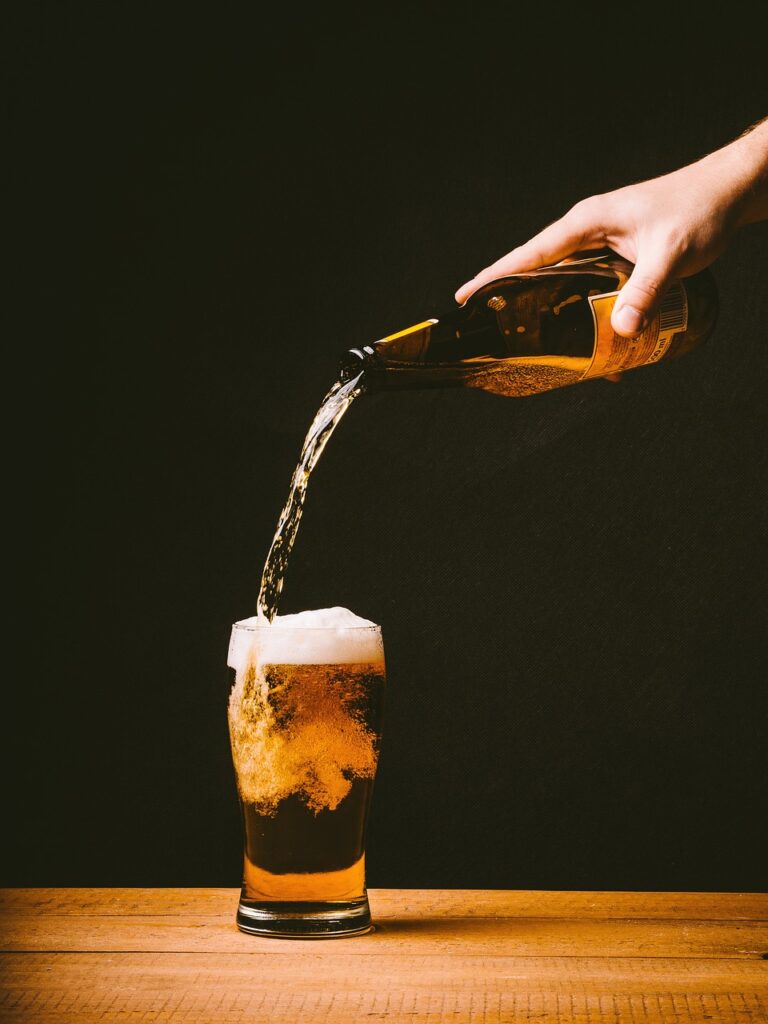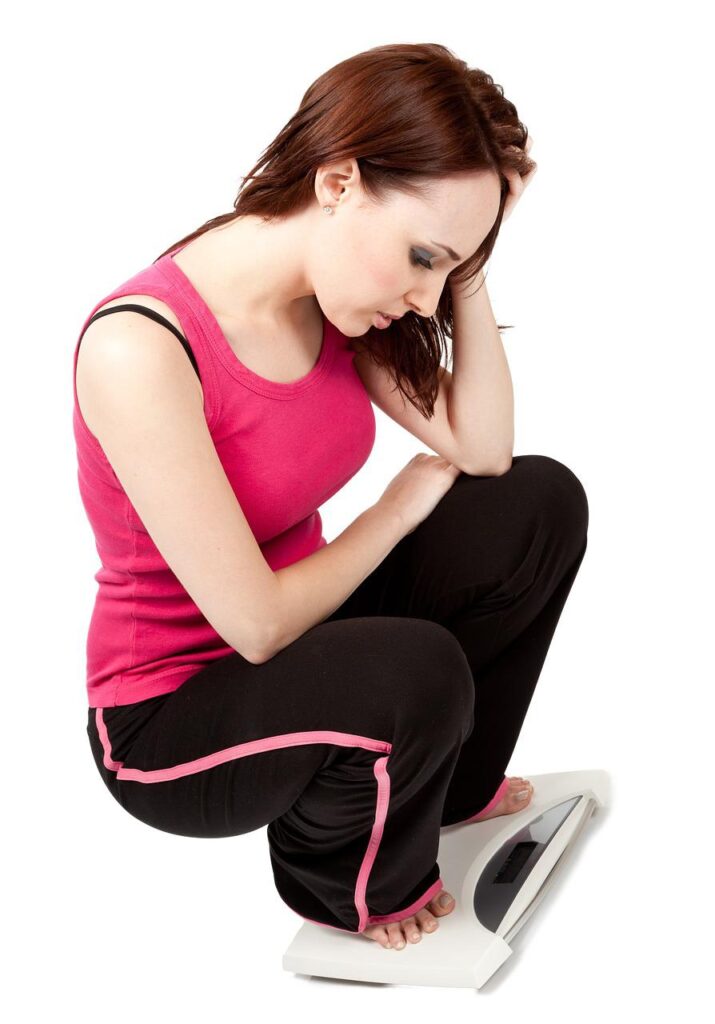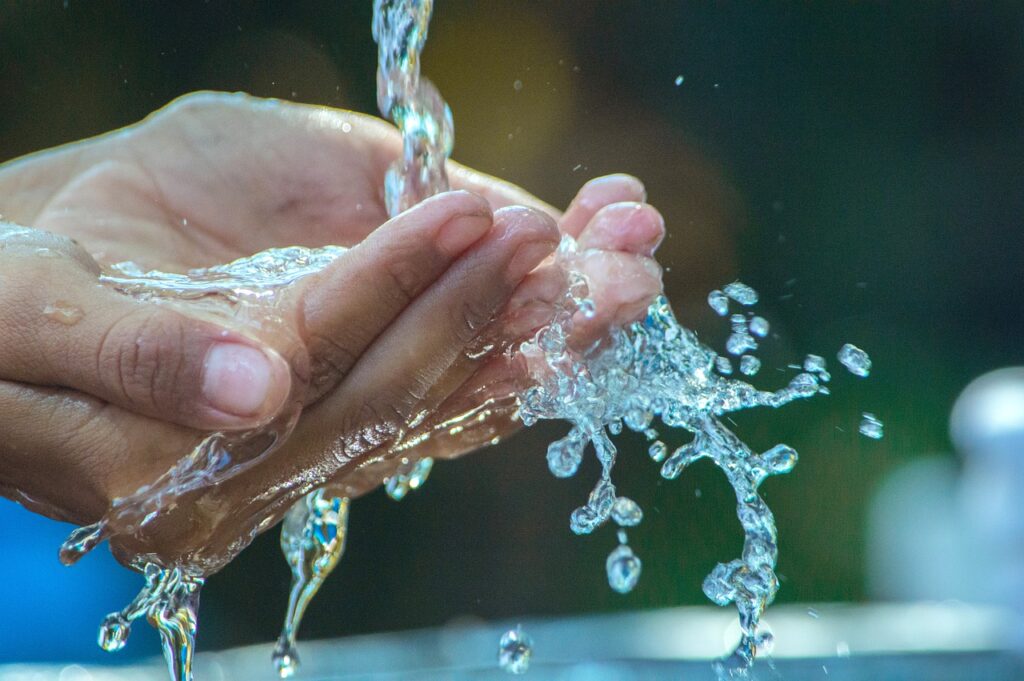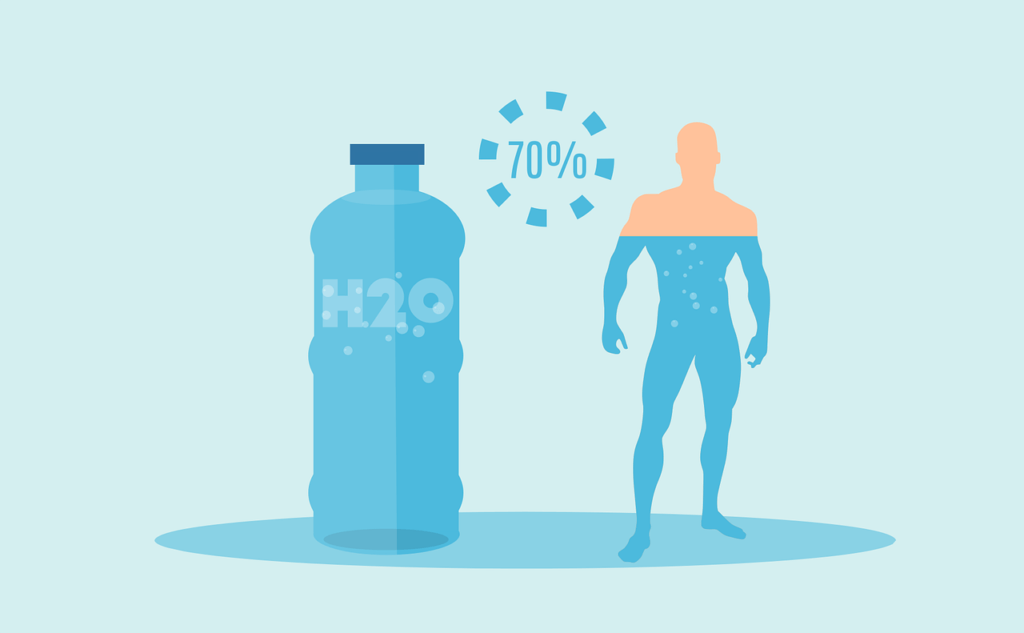You might be feeling the heat, but staying hydrated during the summer months doesn’t have to make you sweat. Follow these 10 tips from health experts and you’ll be rehydrating in no time, whether you’re at home or on the go.
1) Water before bed
You’re awake, your body is burning calories, so it makes sense that you’d need to drink plenty of water. But you actually need to be well hydrated before bedtime. If you aren’t properly hydrated and happen to fall asleep with a full bladder, you can wake up with an uncomfortable sensation in your abdomen. This is known as bladder distention and occurs when there isn’t enough urine in your bladder to stretch it out fully.
2) Drink water after drinking alcohol

You’ve probably heard of the term hangover. When you consume alcohol, it gets absorbed into your bloodstream and sent to your liver, where it is processed. Your liver can only process a certain amount of alcohol at a time (it varies from person to person), so when your liver is busy processing alcohol, it can’t process other toxins in your body that need removal. This causes those toxins to be reabsorbed by your body and have an effect on how you feel. The best way to avoid a hangover is to drink plenty of water before going to bed after drinking. The water will help flush out any remaining alcohol and keep your body hydrated while you sleep. If you wake up feeling dehydrated, try drinking some more water or sports drinks before heading out for breakfast or coffee. You may also want to eat something light—try dry toast or crackers with peanut butter—before eating heavier foods like eggs or bacon.
3) Losing weight won’t fix dehydration

It’s easy to look at a scale and assume you’re doing everything right. After all, if your weight is going down, you must be on track, right? Wrong. Losing weight isn’t enough to maintain proper hydration—weighing less doesn’t mean your body is properly hydrated. In fact, not drinking enough water can result in dehydration-induced hunger pangs that lead to higher calorie intake without us even realizing it! Make sure you drink plenty of water each day (preferably with a slice of lemon and some lime or mint) to keep yourself properly hydrated throughout the day. Remember: an ounce of prevention is worth a pound of cure!
4) Use caution with sports drinks
Sports drinks can be an effective tool in helping to replenish nutrients after a workout, but they’re high in calories and are unnecessary if you have access to clean water. If you must drink a sports drink during your workouts, try diluting it with clean water. Also, opt for lower-calorie sports drinks that are light on sugar and high on electrolytes. For example, Gatorade Prime is only 90 calories per serving (compared to 250 or more in other flavours) and has 0 grams of sugar.
5) Clean up your diet
It’s not just water that you need to worry about. As much as we hate to admit it, what you eat and drink can have a huge impact on your overall health and well-being. But remember that, whatever your activity level or caloric intake, you should be consuming at least eight glasses of water per day (that’s four litres—about 13 cups). Water not only helps us process nutrients in our food; it also helps transport vitamins throughout our bodies and carries away waste products like lactic acid (which builds up in muscles when we exercise) and carbon dioxide (which is released by our cells when we exhale). If there’s one thing we could all use more of, it’s water!
6) Don’t let thirst fool you
Although it’s easy to confuse thirst with hunger, you should do your best to resist drinking a single drop of liquid until you’re actually thirsty. Why? Because our bodies have survival mechanisms that kick in when we become dehydrated, encouraging us to drink more liquids than we need (which is a key reason why some people get on the toilet training roller coaster, where they start using the bathroom multiple times per day). What’s more, if you drink before you’re thirsty, you’ll probably just pee out most of those extra liquids.
7) Stay hydrated at work and home
This seems like a no-brainer, but according to studies by Purdue University, more than half of people don’t drink enough water each day. If you work in an office environment, chances are that you have access to water coolers or fountains that let you fill up a bottle; in which case, bring one from home with you and make sure it is always full so that you can easily down your daily intake. (If your office has a refrigerator on-site, keep several bottles in there.) At home, remember to make a point of drinking plenty of water while preparing dinner or doing any other type of cooking.
8) Replenish lost fluids by sweating
The first, and easiest way to stay hydrated is simply to drink water. You should do so daily—the average person loses about 3 litres (or 8 cups) of water per day due to respiration, sweating, and other bodily functions. The goal is to avoid being thirsty; when you’re thirsty, it means your body is already dehydrated. If you feel thirsty after a workout or athletic activity but haven’t yet replenished fluids lost through sweat, drink about 16 ounces of water immediately and more throughout your day as needed. Just drinking water isn’t enough to stay hydrated though; if you aren’t sweating much it could indicate that something else is going on and you should seek medical attention before causing further harm to your body.
9) Fluid needs vary by age, sex, health status, and activity level.
The Institute of Medicine (IOM) recently updated its fluid intake recommendation. This new standard suggests that healthy men consume roughly 3 liters (about 13 cups) of total beverages a day, and women consume 2.2 liters (about 9 cups). Women who are pregnant or breastfeeding need an additional 0.3 to 0.5 liter (1 to 2 cups), while young children need only about 1 liter per day. Since a person’s daily fluid requirement changes depending on his or her activity level, age, and health status, it is best to talk with your doctor about how much water you should be drinking every day and whether there are any other fluids you should be consuming regularly too—such as juice, coffee, tea, low-fat milk, or broth.
10) Find inspiration everywhere
When it comes to finding ways to stay hydrated, inspiration is everywhere. Whether you’re watching your favourite TV show or talking with friends, there are tons of opportunities to learn how to improve your routine in positive ways. To stay hydrated, start by drinking water right away when you wake up in the morning. Then try adding more fruits and vegetables—and drinkable water—to your diet throughout the day; you’ll feel better immediately and improve your health over time. Another great idea: Drink more at mealtime!


